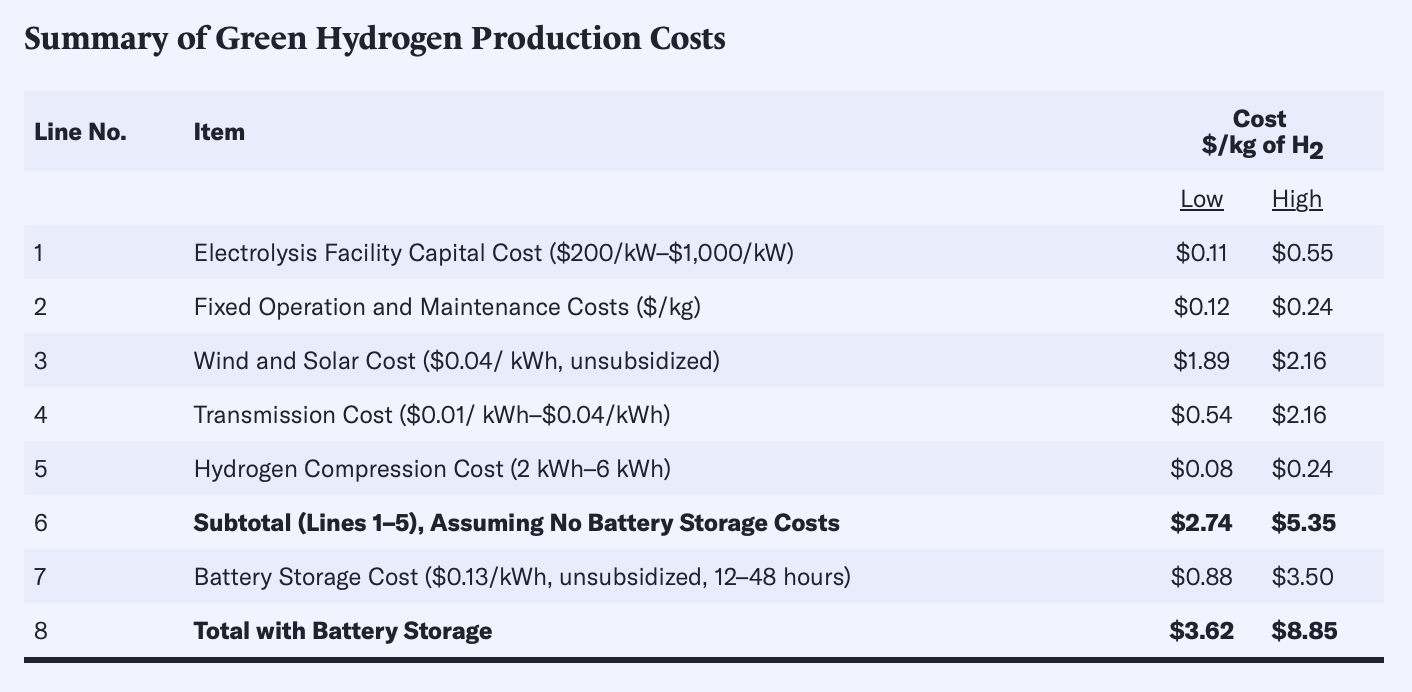
Health of Fish Stocks Contradict Climate Alarmists Predictions
In 2020, there was a record 214 million tonnes of production from both wild catches and aquaculture
 wattsupwiththat.com
wattsupwiththat.com

 wattsupwiththat.com
wattsupwiththat.com




Recall, a report from Consumer Reports last year found that electric vehicles have almost 80% more problems and are "generally less reliable" than conventional internal combustion
Even fossil fuels aren't always from plants and animals, it's just an expression in the venacular. I thought hydrogen (and to some extent helium) were by-products of drilling for oil, so cool that you can drill for it.... if they're drilling for it doesn't that make it a "fossil fuel"?
Which is weird since they are so much more simple to build.
I've heard reports of relatively minor accidents causing the cars to be totalled for battery damage.The problem is batteries and issues that effect batteries and bms systems
I've heard reports of relatively minor accidents causing the cars to be totalled for battery damage.
Plus buying a cheap used electric car won't be an option when they require $10-50k in batteries to be functional.
I've heard reports of relatively minor accidents causing the cars to be totalled for battery damage.
Plus buying a cheap used electric car won't be an option when they require $10-50k in batteries to be functional.
Why are ev batteries so expensive? Loaded question
I've seen a lot of articles regarding EVs being more expensive to repair due to them being more complicated. But a car without a V8, no belts, no radiator/pump, no valves, no platinum catalyst exhaust, no oil, and no transmission is going to be a lot simpler.I've heard reports of relatively minor accidents causing the cars to be totalled for battery damage.
That's another one that doesn't make sense to me. Those packs get torn apart and bad cells are replaced (possibly it's because those packs don't always go back into cars). Fortunately, with the battery prices dropping ($90/Kwh ref) a 100 kWh pack (~400 mile range) is $9,000. A few years ago the battey pack was half the price of the car. Now it's 20% (although consumers aren't seeing the savings yet as most EVs are "luxury" models with luxury prices. That's why insurance and repair costs are higher than economy cars too. Cars like Aptera's (coming out this year, base price is ~$26,000) should do well. BYD in Mexico is scaring a lot of people (they've been dumping GM stock)....Plus buying a cheap used electric car won't be an option when they require $10-50k in batteries to be functional.
Found this:Supposedly they have found hydrogen in the ground that can be drilled for like oil.
I don't believe the federal government is "banning" those things, just not letting new ones be sold in the U.S. after certain dates (that might be states and not the fed, not sure). If I'm wrong please post a link!... I am vehemently opposed to ban on gas appliances. I think hybrid gas/electric should be allowed...
I doubt insurance companies will continue to offer coverage on used packs for much longer. The fire risk is too great on new packs as it is.Those packs get torn apart and bad cells are replaced.
I suspect the used packs mainly go to utilities and they're self-insured. If they're reselling for cars they'd probably have to offer some sort of warranty/guarantee for consumer confidence. Personally, I think LFP is the way to go for cars to eliminate the fire issue.I doubt insurance companies will continue to offer coverage on used packs for much longer. The fire risk is too great on new packs as it is.
I don't believe the federal government is "banning" those things, just not letting new ones be built after certain dates. If I'm wrong please post a link!
I've seen a lot of articles regarding EVs being more expensive to repair due to them being more complicated. But a car without a V8, no belts, no radiator/pump, no valves, no platinum catalyst exhaust, no oil, and no transmission is going to be a lot simpler.
Maybe this will help
Sum of the parts for EV
VS
Sum of Parts for ICE
Why are replacement EV batteries so expensive?
Slop the greedy corporate hogs… they screw pigs and ppl applaud. More green $$$$$$ into the sewer. Bring the family event to the screwing of forced ….DISPOSABLE EXPENSIVE VEHICLE REPLACEMENT. Income forfeitures traded to travel freely. Where is that next pay ev charge station.
Same difference. Not saying they are taking gas appliances away, just prohibiting manufacture, import, gas service for new homes. Federal, California, whoever affects me.
If your existing appliance breaks and new one isn't available, you have to change infrastructure in your house (maybe 10x price of appliance), and pay 8x the price for energy, plus contribute to overload of grid without being able to fall back on gas.
Used market?
California bans resale of catalytic converters, even from low-mileage wrecks. So have to pay high new price.
Appliance, fixture (e.g. toilet), yard equipment trade-ins are offered. For high efficiency models. The good old one is destroyed to prevent re-use, and the new poor quality one fails before it ought to. A win-win.
So many youths want to get into auto repair that classes are full. And with their certification, many jobs only pay minimum wage. ICE auto repair is cheap (or high markup, for the shops that charge $120/hour labor rate but just pull a transmission and send to somebody else for overhaul.)
Electric cars, only a few trained for it. And not of interest to most aspiring (think they are?) motor heads.
No doubt. Had my Ram Cummins in for warranty work and there were between 5-8 service 'liasons' behind the counter. To my knowledge their only purpose is to keep the customer from directly interfacing with the mechanic.The margins on auto service are incredibly thin.
No doubt. Had my Ram Cummins in for warranty work and there were between 5-8 service 'liasons' behind the counter. To my knowledge their only purpose is to keep the customer from directly interfacing with the mechanic.
Nonrefundable $450 diagnostic fee? Really?
Notice how a lot of industries have highly bloated (paid) administrative middle men whos only job is to prevent you from going directly to the actual experts.


